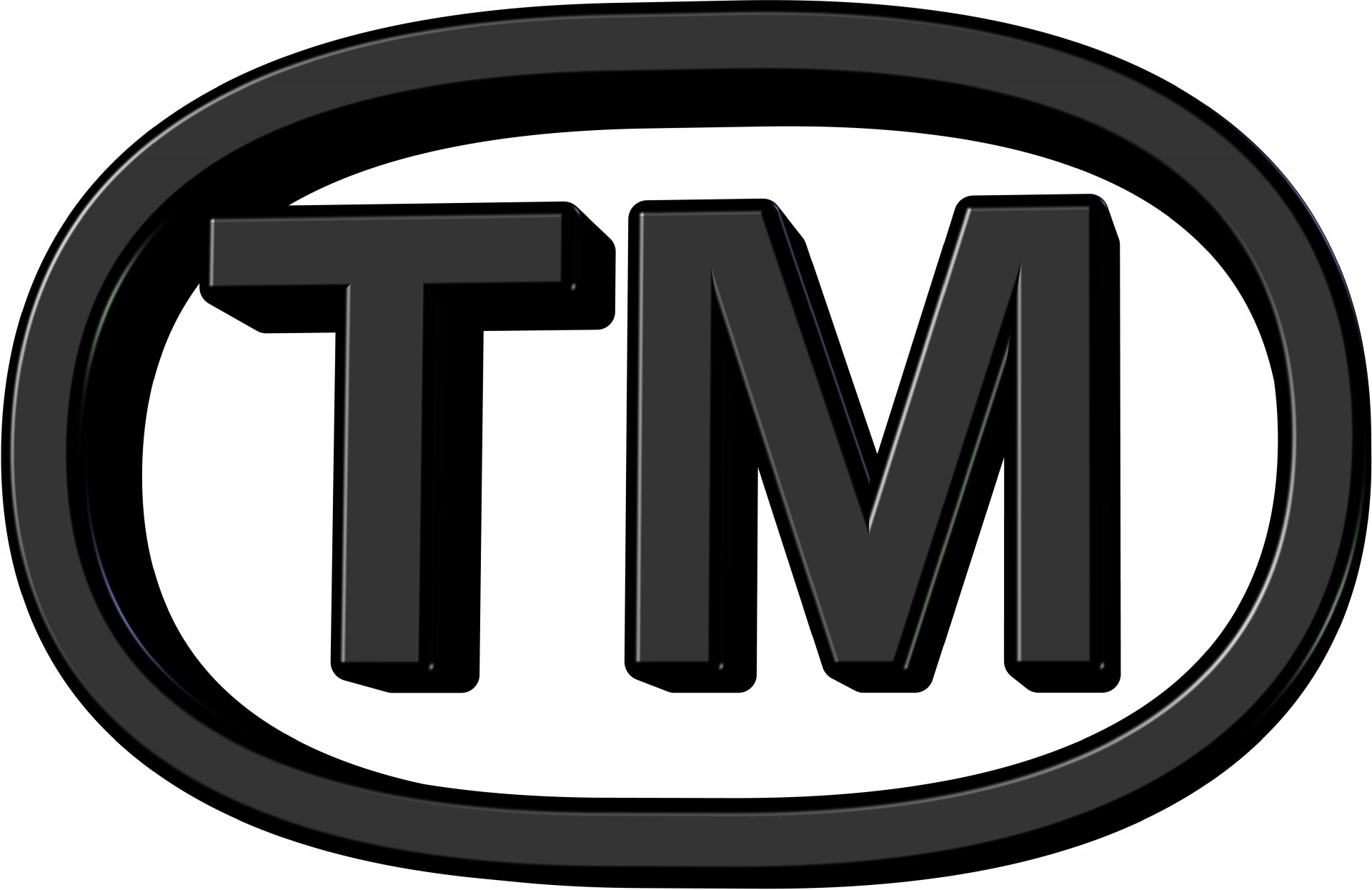In today’s competitive marketplace, protecting your intellectual property is crucial for businesses looking to safeguard their brands and maintain a competitive edge. A trade mark serves as a unique identifier for your products and services, distinguishing them from those of your competitors. Registering a trade mark in South Africa empowers you to claim exclusive rights to your brand and prevent others from using it without your authorization.

Image: www.myggsa.co.za
Understanding Trade Marks and Their Importance
A trade mark is any distinctive sign or identifier that identifies a product or service and distinguishes it from those offered by other businesses. Trade marks can include words, names, logos, symbols, numerals, or a combination of these elements. By registering your trade mark, you gain exclusive rights to use it in South Africa and prevent others from using it without your permission. This protection allows you to build and maintain brand loyalty, reputation, and the goodwill associated with your brand.
Steps to Register a Trade Mark in South Africa
Registering a trade mark in South Africa involves a straightforward process through the Companies and Intellectual Property Commission (CIPC). Here’s a step-by-step guide to help you successfully register your trade mark:
-
Determine the Class and Goods/Services: Identify the specific class or classes under which your goods or services fall. The CIPC categorizes products and services into 45 different classes.
-
Conduct a Trade Mark Search: Before filing a trade mark application, it’s essential to conduct a thorough search to ensure that your mark is not already registered by another business. The CIPC’s online database provides a convenient way to perform this search.
-
File Trade Mark Application: Prepare and submit a trade mark application (TM1 form) to the CIPC. This form includes details such as your name, address, trade mark, class of goods/services, and supporting documentation.
-
Examination Process: The application undergoes an examination process by the CIPC. This process ensures compliance with various legal and procedural requirements.
-
Publication for Opposition: If the trade mark meets the necessary requirements, it will be published in the Trade Marks Journal. This publication initiates a 3-month opposition period, during which third parties can file objections to the registration.
-
Registration Certificate: If no opposition is filed or all objections are successfully defended, the CIPC will grant a registration certificate that includes full details of the registered trade mark.
Benefits of Registering a Trade Mark in South Africa
Registering a trade mark in South Africa offers numerous benefits for businesses:
-
Exclusive Rights: A registered trade mark provides exclusive rights to use, exploit, and prevent others from using your trade mark without your consent.
-
Brand Protection: Registration strengthens your brand identity and protects your reputation against infringement and imitation.
-
Enhanced Reputation and Trust: A registered trade mark symbolizes authenticity and quality, building consumer trust and enhancing brand loyalty.
-
Commercial Advantage: The exclusive rights granted by registration empower you to exploit your trade mark through licensing and franchising, leading to potential revenue streams.
-
Deterrence of Infringement: A registered trade mark deters third parties from using or infringing upon your protected mark, safeguarding your intellectual property.

Image: www.golegal.co.za
How To Register A Trade Mark In South Africa
Call to Action
Registering a trade mark in South Africa is a valuable step to protect your brand and safeguard your intellectual property. By following the outlined procedures and leveraging the benefits associated with registration, you can establish a strong foundation for your business and set it on a path to success.
Don’t hesitate to seek professional guidance if you require additional support throughout the registration process. Legal professionals and IP specialists can provide tailored advice and ensure that your application meets the required legal and technical requirements. Invest in protecting your brand identity and reap the rewards of a registered trade mark in South Africa.






